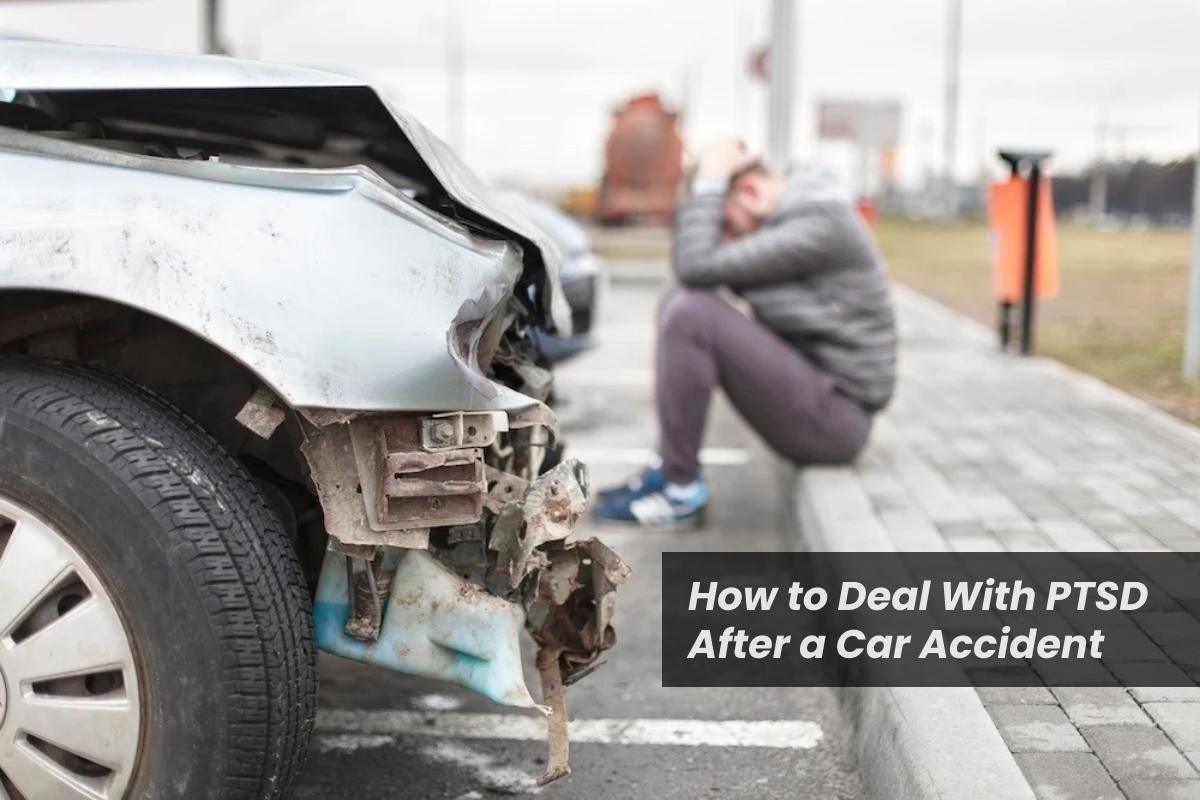Car Accident – Accidents are the third most common cause of death in the US after cancer and heart diseases. A good part of that is car accidents. In the first six months of 2021, more than 20,000 Americans died in traffic. This is an 18.4% increase compared to the same period in 2020.
According to The Barnes Firm — a leading group of car accident attorneys in Brooklyn — even when a person survives a collision, they are often left with long-term consequences. One of the biggest issues is post traumatic depression disorder. In fact, 39.2% of survivors will develop this depression mental condition. In time, they will exhibit symptoms such as changes in emotional and physical reactions, avoidance, intrusive memories, negative thinking, negative mood, etc.
This condition is very persistent and requires continuous therapy. You might also wish to incorporate various routines in your life and activities that would reduce stress and anxiety. In this article, we will mention how to deal with PTSD after a car accident.
Table of Contents
1. Attend Group Therapy
Group therapy is probably the best way to deal with PTSD caused by a car accident. It is very important for a person to share details of the accident with others who had a similar experience. Among others, this gives you the opportunity to open up about your emotions, thoughts, and everything else that happened in the days following the accident.
The great thing about group therapy is that you can discuss it with others who have had the same experience. They can provide valuable insights as to how they coped and things that helped them reduce the impact of post-traumatic stress disorder. Like other methods on this list, this will not solve the issue but will provide some clarity and might reduce the severity of the symptoms.
2. Consult A Medical Professional
In many cases, people who are suffering from PTSD require medication. Besides drugs, they usually need help from a psychologist who can hear them out and provide advice on coping with the situation.
No matter the case, you need to proactively seek medical attention. An expert can offer you not only advice but can also point out other healthy activities that you can introduce to your life. Having a psychologist or psychiatrist on a speed dial is especially important if you often experience severe episodes.
3. Perform Regular Physical Activity
There are several reasons why PTSD sufferers should consider incorporating physical activity into their lives. First off, exercising is a great way to restore natural harmony allowing your body and mind to work on optimal levels. It is especially amazing for balancing hormones, thus preventing various negative sensations associated with the condition.
Physical activity is also a great way to reduce stress. People who train their bodies are more focused and can push negative emotions and thoughts aside. Even if the relief is temporary, it can make a major difference for those who have struggled with the condition for a while.
Being active provides an additional, indirect benefit. People who are struggling with PTSD tend to develop heart conditions due to stress. By regularly exercising, you can alleviate this problem and strengthen the organ.
4. Having A Pet
Experts often recommend having a pet, not only for PTSD but also for other mental conditions. Having a trained dog is especially helpful as they can react to your episode and provide the necessary support.
Pets react to our emotions and behave according to them. They can feel when we’re sad, and they will do everything in their power to remove us from such a state. A trained dog can assist with issues such as anxiety, depression but can also wake us up when we’re having a nightmare.
According to a minor study, having a dog for at least a week can reduce the impact of PTSD symptoms by 82%. Based on everything we know so far, petting a dog is especially effective for normalizing the hormonal levels and providing short-term relief.
5. Occasionally Driving A Car
One of the things that can help a PTSD sufferer is dealing with their trauma. Most people are reluctant to get in a car, let alone drive it after such accidents. However, tackling your issues head-on might provide some relief and help you deal with trauma.
If you decide to drive once again, experts recommend becoming a much more cautious, defensive driver. The best way to recover is by adding the necessary measures and feeling safe. This would allow you to drive and slowly recuperate while not being distracted by the negative emotions.

